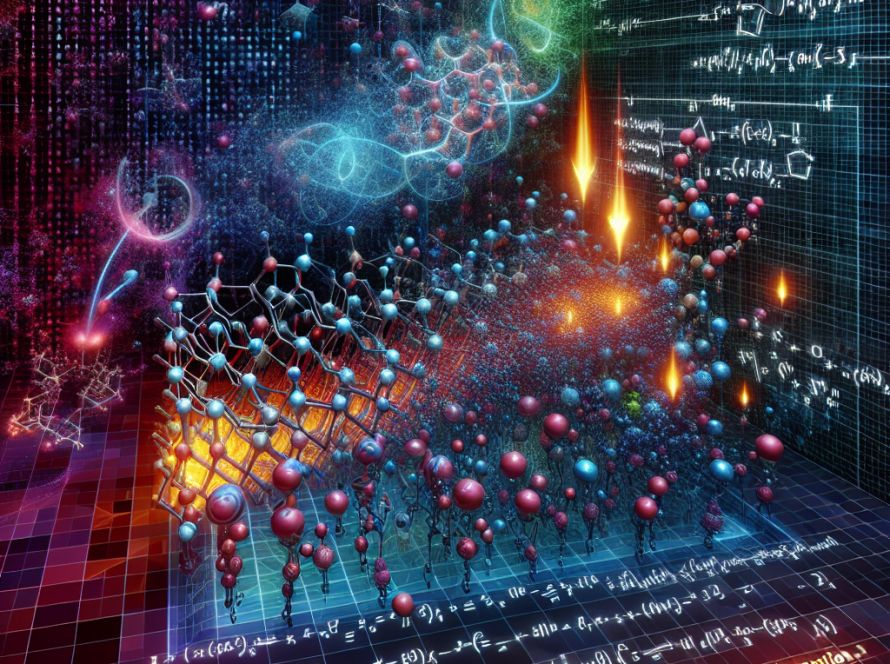Machine learning pioneer Hugging Face has launched Transformers version 4.42, a meaningful update to its well-regarded machine-learning library. Significant enhancements include the introduction of several advanced models, improved tool and retrieval-augmented generation support, GGUF fine-tuning, and quantized KV cache incorporation among other enhancements.
The release features the addition of new models like Gemma 2, RT-DETR, InstructBlip, and LLaVa-NeXT-Video, making the release even more substantial. The Gemma 2 model family, created by the Gemma2 team at Google, features two distinct variations: those with 2 billion and those with 7 billion parameters. These models, trained on 6 trillion tokens, have demonstrated exceptional results across various benchmarks measuring language understanding, reasoning, and safety. They outperformed other open models of similar scale in 11 out of 18 text-based assessments, indicating their robust capabilities and responsible development practices.
Among the new additions, the Real-Time DEtection Transformer (RT-DETR) is noteworthy. This model, built for real-time object detection, utilizes the transformer architecture to quickly and accurately identify and locate multiple objects within images. InstructBlip, another new model, enhances visual instruction tuning with the BLIP-2 framework. Its functionalities include providing text prompts to the Q-Former, facilitating more effective interactions between visual-language models. The LLaVa-NeXT-Video model uses image and video datasets, enabling superior performance in video understanding tasks.
The release also brings improved tool usage and RAG support. Hugging Face has developed a system for automatically creating JSON schema descriptions for Python functions, easing their integration with tool models. The GGUF fine-tuning feature is another major enhancement that allows users to optimize models within the Python/Hugging Face ecosystem and then revert them to GGUF/GGML/llama.cpp libraries. This allows for a broad range of optimization and deployment environments.
There have also been notable advances in terms of quantization, with the addition of a quantized KV cache that reduces the memory required by generative models. Advanced guidance is provided to users on choosing a suitable quantization method, thanks to comprehensive updates to the corresponding documentation.
Additional enhancements in Transformers 4.42 include new instance segmentation examples which enable users to use Hugging Face’s pretrained model weights as backbones for vision models. This release also includes bug fixes, optimizations, and the elimination of deprecated components such as the ConversationalPipeline and Conversation object.
To sum up, Transformers 4.42 symbolizes a significant milestone in the ongoing evolution of Hugging Face’s machine-learning library. With upgraded models, improved tool support, and numerous optimizations, this release bolsters Hugging Face’s reputation as a frontrunner in natural language processing and machine learning.


